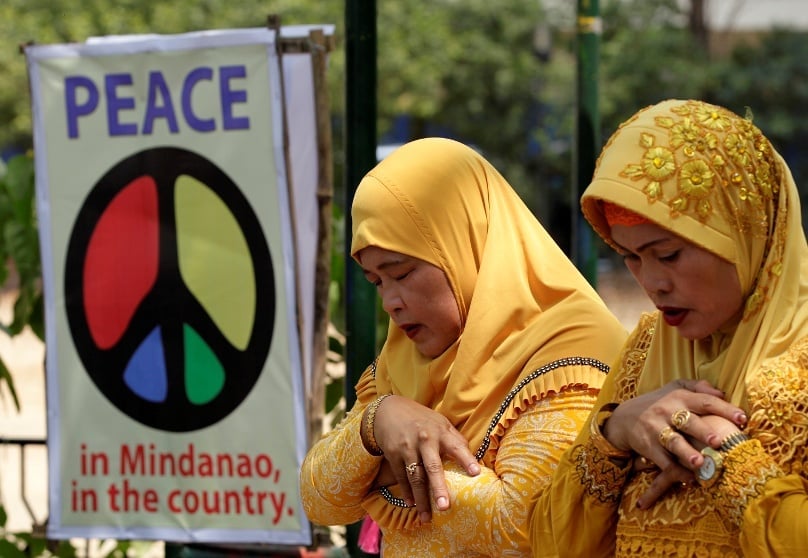
Areas of the Philippine island of Mindanao are descending into the same sort of anti-Christian persecution witnessed in Iraq, an Italian missionary priest has reported.
Fr Sebastiano D’Ambra is the founder of the Silsilah movement which since 1984 has promoted interreligious dialogue along with members of the Muslim community.
“In some areas of Mindanao we are experiencing exactly the same thing as is happening in Iraq,” Fr D’Ambra said, speaking after anti-Christian attacks in southern Mindanao on Christmas Day.
The attacks were carried out by the members of the Bangsamoro Islamic Freedom Fighters or BIIF, a paramilitary Islamist terrorist group that emerged in 2008 following a split in the Moro Islamic Liberation Front (MILF).
In 2011 the government in Manila signed a peace accord with the MILF, with both sides pledging to engage in negotiations to establish a new law, the Bangsamoro Basic Law, that would guarantee a special status to the region.
“But the agreements with the government have been put on hold because the Philippine authorities attach greater priority to the presidential and legislative elections planned for 9 May, 2016,” Fr D’Ambra said. “And so radical groups like the BIIF, which have absolutely no desire to negotiate with Manila, are taking advantage.”
Islamic radicalism has a long history on Mindanao. In 1992 Abu Sayyaf was responsible for the murder of Fr Salvatore Carzedda.
The radicalisation continued with the proliferation of Wahabi Islamist movements supported by Saudi Arabia, while for the past 10 years or so there has been a powerful presence of the Jemaah Islamiah, an Islamist group that began in Indonesia. Islamic State has also gained a growing number of supporters in the last three years.
“The growth of radicalism throughout the world is making our mission more difficult and still more necessary than ever at the present time,” Fr D’Ambra said.
“Even some of the Islamic leaders who are working together with us are becoming discouraged. We need to have more courage and more faith. It is a long process, but I am convinced that through dialogue it is possible to bring about real change and create a climate of mercy. Just as Pope Francis is inviting us to do in this Holy Year.”
– With Marta Petrosillo, ACN
